Cactus Plants For Sale Near Me – It’s easy to understand why people seek out quality goods for sale. These goods, once owned and used by someone else, offer a unique opportunity for both sellers and buyers to exchange items that might otherwise go unused. The growing interest in second-hand goods can also be attributed to shifting cultural attitudes toward consumption. The dynamics of a sale can vary dramatically depending on the context. This is especially true in a world dominated by fast fashion, disposable electronics, and mass-produced products. The idea of “everything for sale” challenges our understanding of what is sacred, what is essential, and what is truly priceless. Many second-hand clothing stores and online platforms specialize in curating high-quality, gently used apparel, making it easy for consumers to find fashionable items that align with their tastes. Many people find that buying second-hand furniture allows them to acquire high-quality pieces that are built to last, often with a level of craftsmanship that is hard to find in mass-produced furniture. For some, the thrill of hunting for unique, one-of-a-kind items is as much a part of the experience as the purchase itself. The second-hand market is not just about saving money; it’s about embracing a more sustainable, mindful way of consuming that values reuse, repurposing, and the stories behind the items we choose to keep. Many factors can influence the negotiation, such as the business’s financial performance, industry trends, and the level of interest from other buyers. This typically involves drafting and signing a sale agreement, which outlines the terms and conditions of the transaction. The idea that everything has a price, and that everything is for sale, may seem like a grim outlook, but it’s one that has become increasingly true. Sellers can list items with detailed descriptions and high-quality photos, giving potential buyers a clear understanding of what they are purchasing. One of the most popular categories of second-hand goods for sale is clothing. The satisfaction of purchasing quality is often deeply intertwined with the knowledge that your money is going toward something that truly deserves it. Whether through local thrift stores, online marketplaces, or garage sales, the option to buy pre-owned items has created a flourishing market that continues to grow. One of the primary reasons people turn to second-hand goods for sale is financial. Whether buying vintage clothing, upcycled furniture, or pre-owned electronics, the growing popularity of second-hand shopping reflects a broader desire for more sustainable, creative, and conscious ways of living. A home, a car, a piece of jewelry, a moment in time, a relationship — all of these things, at some point, become commodities.
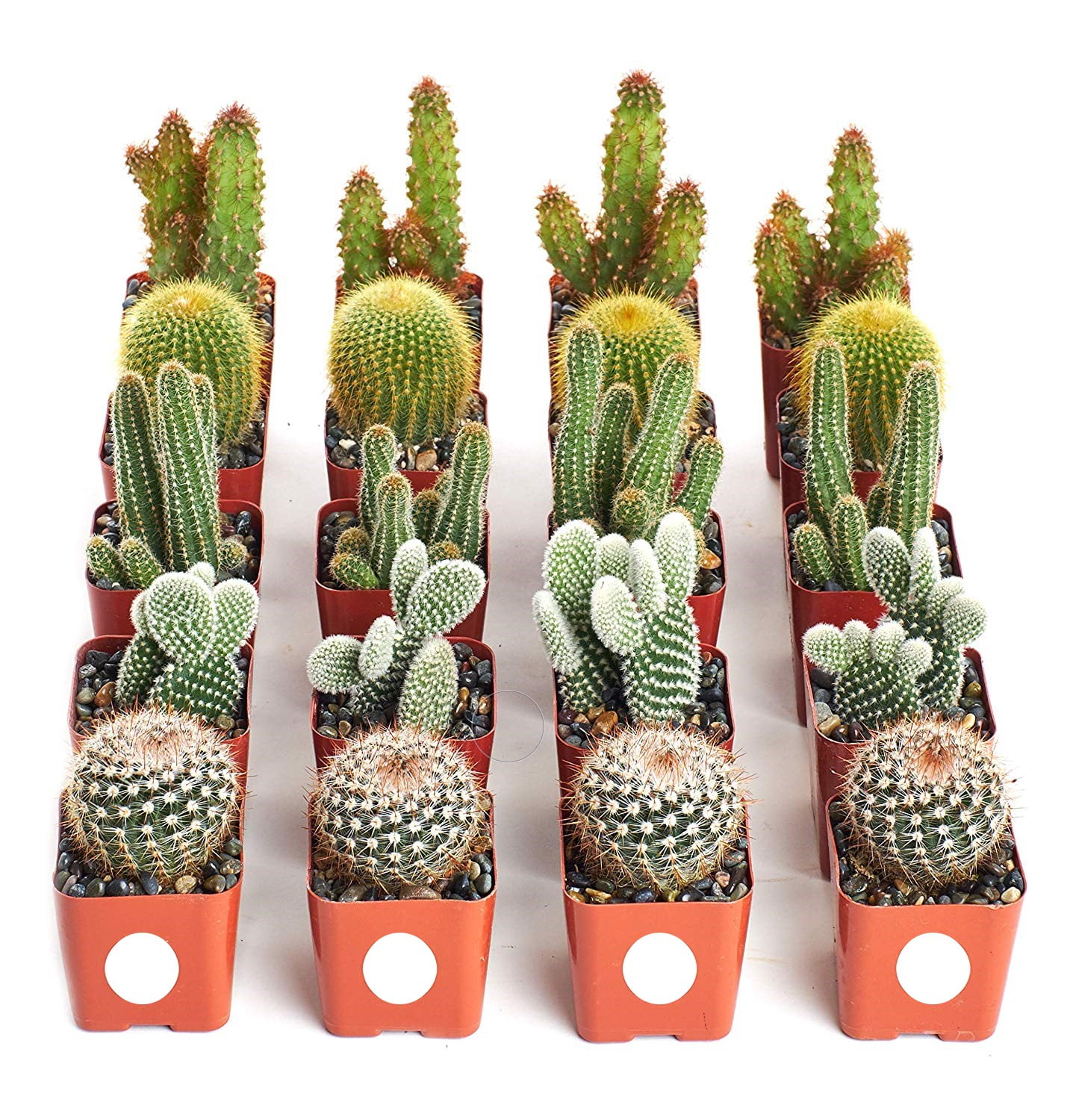
Home Botanicals Cactus Collection (Collection of 20)
Deals of the dayshop our huge selectionshop best sellersread ratings & reviews

Buy Cactus Plants for Sale Online Garden Goods Direct
Deals of the dayshop our huge selectionshop best sellersread ratings & reviews

Large Cactus and Succulents for sale. The Palm Tree Company.
Deals of the dayshop our huge selectionshop best sellersread ratings & reviews
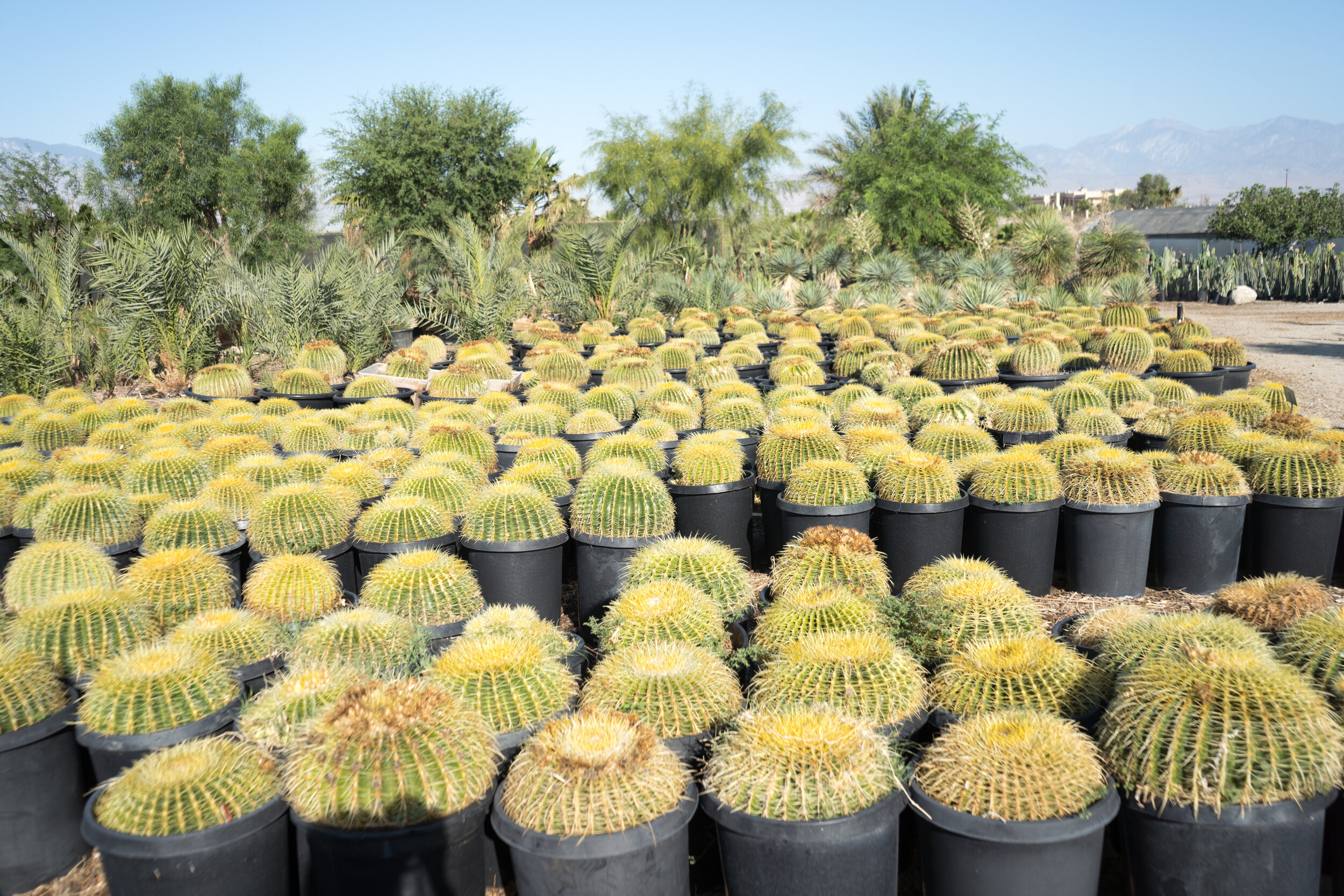
Cactus — GDNC Nursery
Deals of the dayshop our huge selectionshop best sellersread ratings & reviews
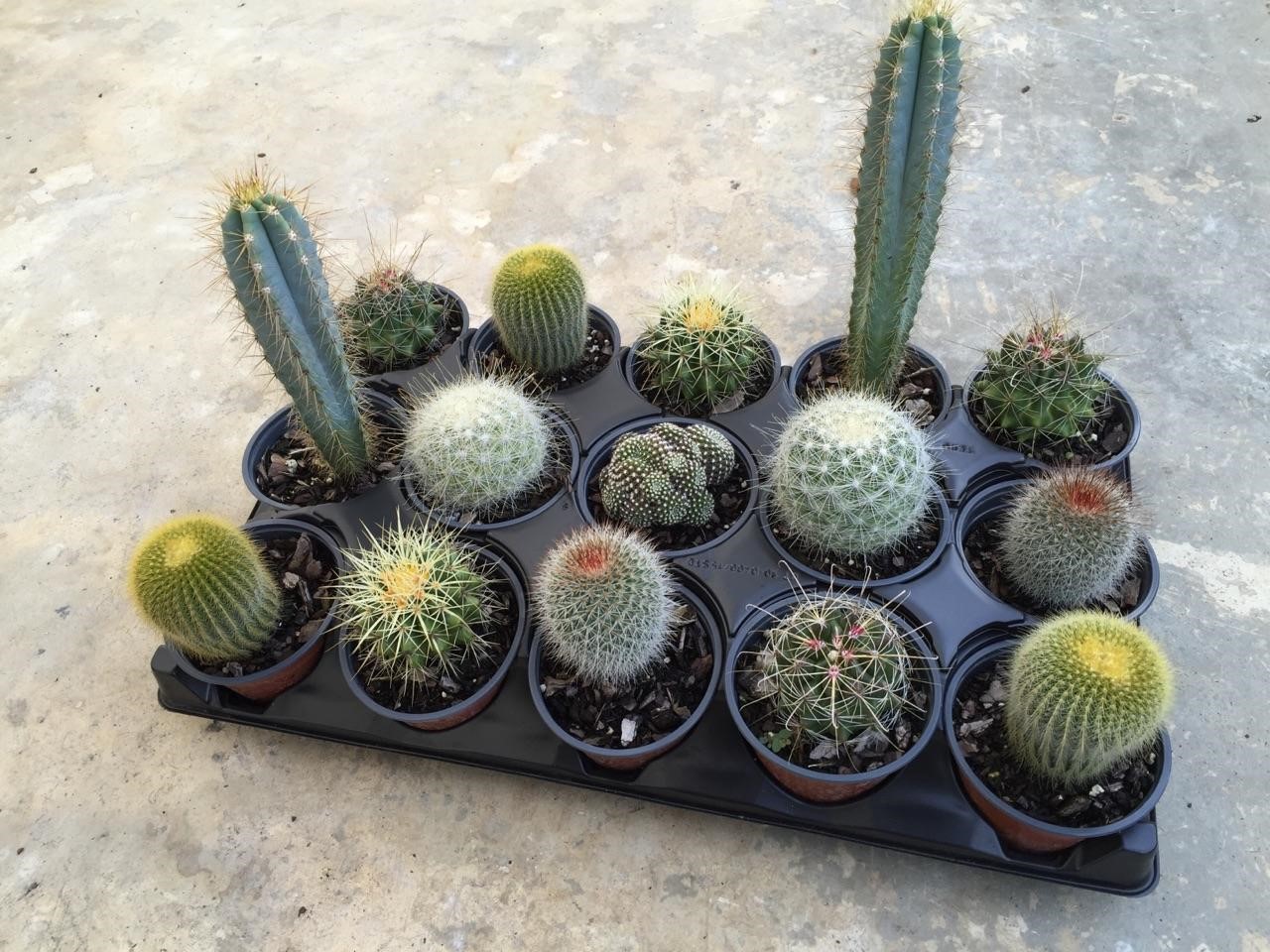
Miami Tropical Plants Tropical Plant Company in Miami
Deals of the dayshop our huge selectionshop best sellersread ratings & reviews

Assortment of Potted Blooming Prickly Cactus Plants for Sale in Flower
Deals of the dayshop our huge selectionshop best sellersread ratings & reviews

Barrel Cactus For Sale Near Me My saguaro cactus has been saved
Deals of the dayshop our huge selectionshop best sellersread ratings & reviews
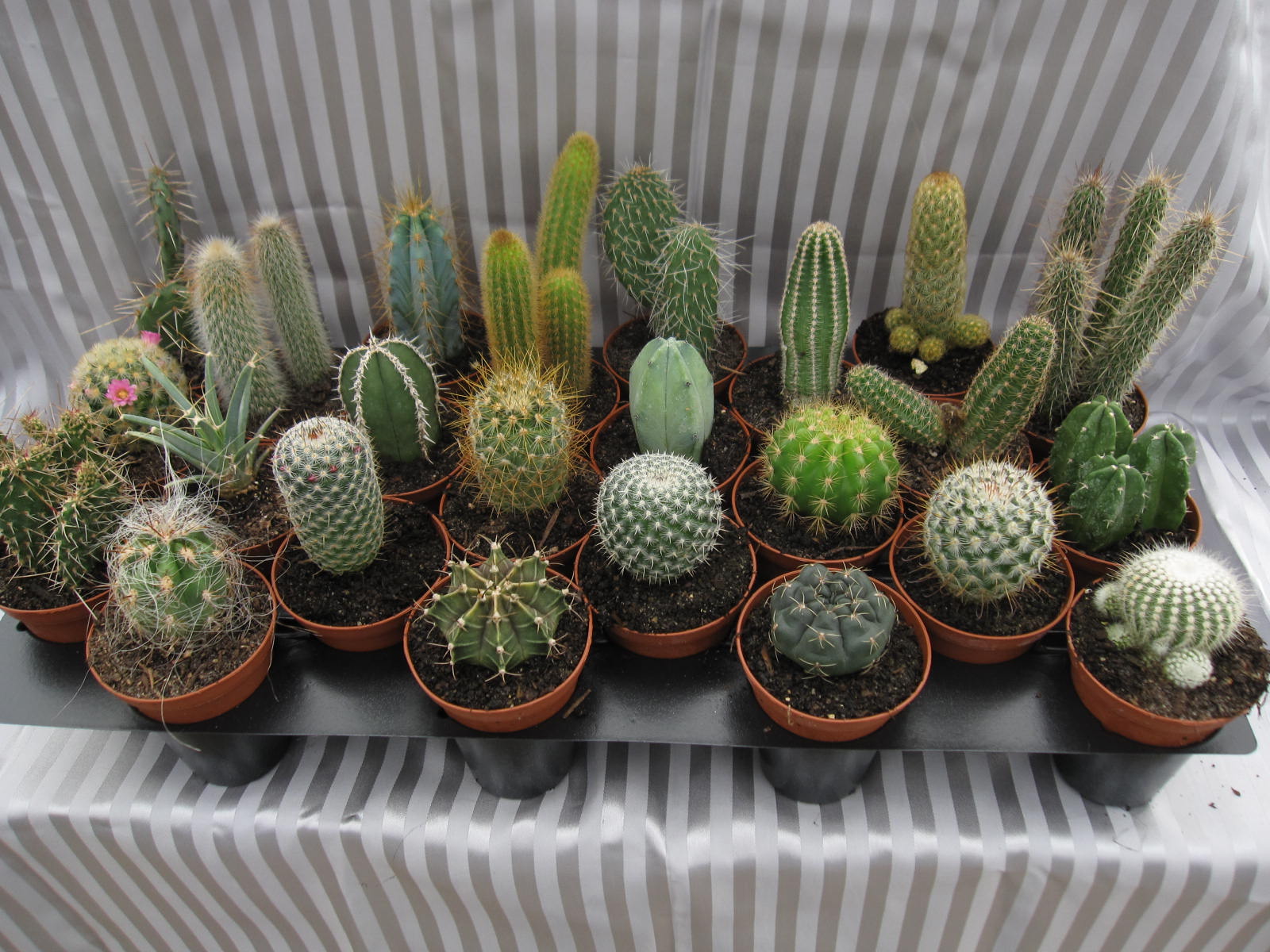
Miami Tropical Plants Tropical Plant Company in Miami
Deals of the dayshop our huge selectionshop best sellersread ratings & reviews
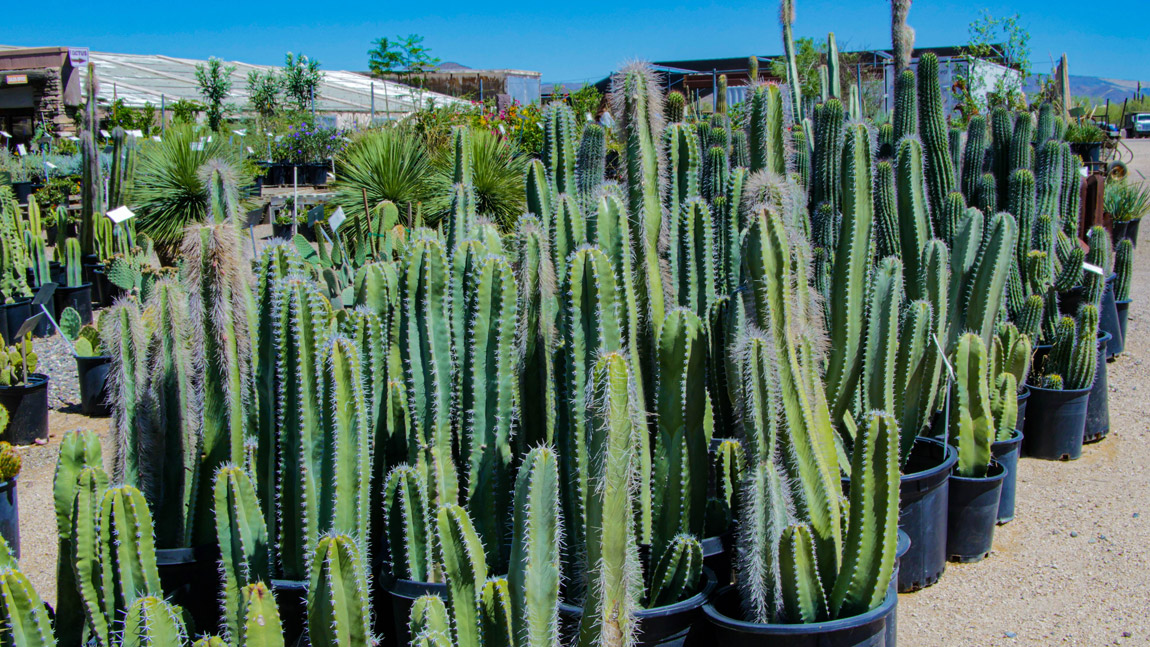
Barrel Cactus For Sale Near Me My saguaro cactus has been saved
Deals of the dayshop our huge selectionshop best sellersread ratings & reviews
Cactus SALE! Range of beautiful LARGE and MATURE specimens! Seed
Deals of the dayshop our huge selectionshop best sellersread ratings & reviews
Even objects with little intrinsic value can be sold with great meaning. The marketplace, for all its flaws, has brought about great innovations. Whether it’s the sleek lines of a designer chair or the intricate patterns on a handwoven rug, quality goods are often as much about aesthetics as they are about functionality. In conclusion, second-hand goods for sale represent more than just a financial transaction; they embody a shift toward sustainability, individuality, and social responsibility. From the most trivial items in a dollar store to the most precious works of art in a museum, everything can be assigned a price. The idea of “everything for sale” challenges our understanding of what is sacred, what is essential, and what is truly priceless. Many everyday products, such as kitchenware, footwear, and tools, can also be considered quality goods, provided they are made to last and perform well over time. Beyond financial savings and environmental impact, second-hand goods also offer a sense of nostalgia and connection to the past. While there are certainly markets where affordable goods are a necessity, quality goods for sale often come with a premium price tag. A blacksmith might craft a sword, a tailor might stitch a suit, and a potter might mold a vase. We start to treat people as commodities, too — as means to an end, as tools for achieving personal success or social status. For the buyer, purchasing a home is a dream realized, a step toward security and stability. When a person decides to sell something, they might weigh the pros and cons, debating whether it’s the right time or whether it’s really necessary to part with what they’ve had for so long. In some cases, selling second-hand items can be a way to make a significant profit, especially if the items are rare, vintage, or in high demand. Books, records, and collectibles are also highly sought after in the second-hand market. Whether it's old furniture that no longer fits with their style, clothing that no longer fits, or electronics they no longer use, selling second-hand items allows individuals to recoup some of the money they spent on these goods. A home, a car, a piece of jewelry, a moment in time, a relationship — all of these things, at some point, become commodities. Sellers often find themselves in a strange position, balancing the emotional attachment to the item with the rational need to let it go. As more and more people become concerned about the planet’s resources and the impact of consumerism on the environment, the concept of buying used goods has gained traction as a more sustainable alternative to purchasing new products. For those who are passionate about antiques, art, and memorabilia, the second-hand market offers endless possibilities for finding unique and valuable items that can be passed down through generations or added to a collection.
For the buyer, it can feel like a great opportunity, a chance to acquire something they’ve been searching for, or maybe just the satisfaction of knowing that a good deal is within reach. Whether it’s funding education, supporting homelessness services, or providing medical assistance, the money spent in second-hand shops can contribute to making a difference in the lives of others. However, it’s also important to recognize the darker side of this freedom. By purchasing second-hand goods, consumers help keep products circulating in the economy, giving them new life and purpose. This is especially true in a world dominated by fast fashion, disposable electronics, and mass-produced products. Additionally, trends in sustainability and eco-conscious living have contributed to the growth of the second-hand market, as consumers become more aware of the environmental impact of their purchasing decisions. A new smartphone, for example, can cost hundreds of dollars, but buying a used one can cut the price down by more than half. The role of business brokers and intermediaries has become increasingly important in today’s business-for-sale market. We live in a society where people constantly trade their time for money, their expertise for compensation, their dreams for tangible rewards. In the realm of real estate, for instance, selling a house is often an emotional and logistical challenge. For book lovers, buying second-hand books is an affordable way to build a library, and it can also be an opportunity to find rare or out-of-print titles that are no longer available in stores. Millennials and Gen Z, in particular, have embraced the idea of second-hand shopping as a way to challenge consumerism, reduce waste, and express their individuality. The materials, labor, and expertise that go into crafting these items naturally make them more expensive. These generations are more aware of the environmental impact of fast fashion, disposable goods, and the need to adopt more sustainable practices. Many online platforms also allow buyers and sellers to leave feedback and reviews, helping to build trust and credibility in the transaction. Whether through their durability, aesthetic appeal, or the values they embody, these products go beyond simple transactions. They also have access to networks of potential buyers and sellers, which can help expedite the sale process and increase the chances of a successful transaction. The world of second-hand shopping has also made quality goods more accessible. And, in a way, this is the ultimate form of freedom: the ability to buy, sell, and trade on your own terms. By choosing second-hand goods, consumers can help reduce waste, conserve resources, and lessen the demand for new production.